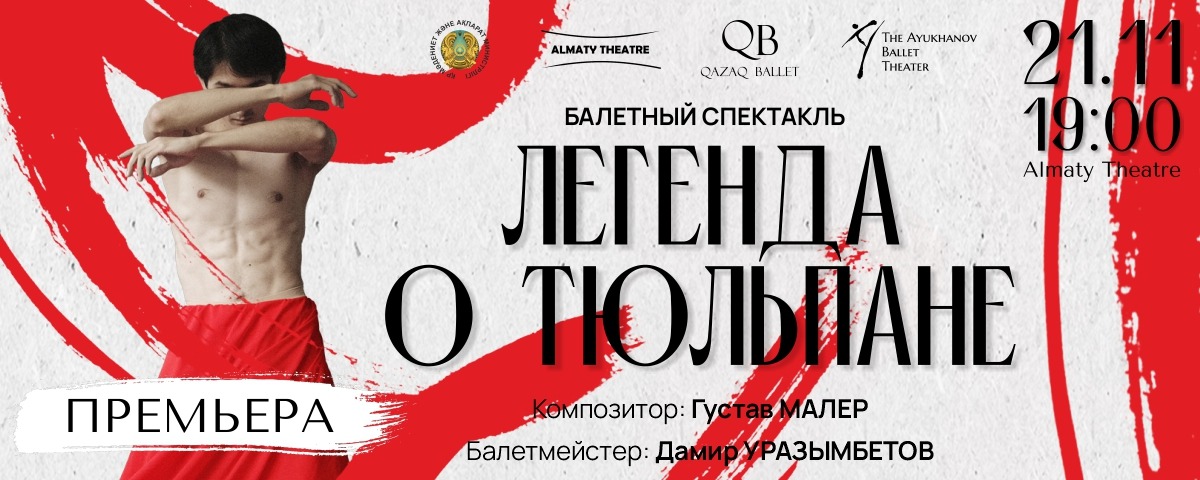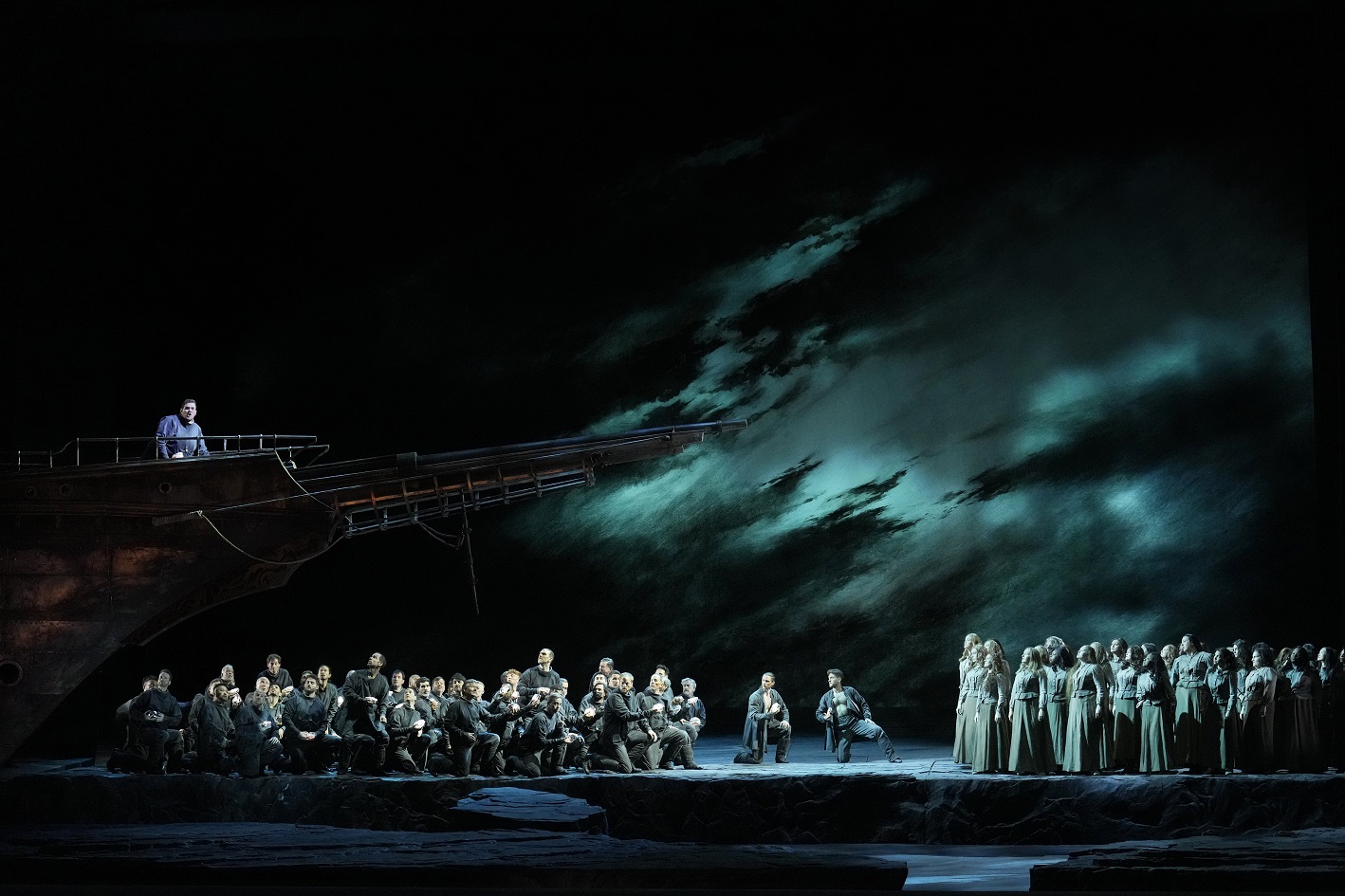
About Maestro
Eccentric and extravagant, mysterious and even incomprehensible Federico Fellini was the film director with a special unique style. He was a highly esteemed and influential Italian film director of the time. His name became a household word, a trade mark, which could describe the full range of emotions which his films evoke; they can be humorous and scary at the same time, poetic and ground. The style of Maestro was inimitative and distinctive. Fellini’s films typically combine memory, fantasy and dreams, the images created by Fellini were unique.
Fellini was the greatest showman ever, his works influenced the most famous film directors and he was a mentor for most of them, they admired his talent.
Fellini’s main aim was to solve the riddle of life, he was eager to find out why and what for the human beings existed. He was never silent during the film shooting, he always instructed the actors and that was the reason why it was exciting and as well as challenging to work with the Maestro; he could convey any emotions of any character.
Early Years
Federico Fellini was born on 20 January 1920 in Rimini to middle class parents Urbano and Ida Fellini. His father, a successful merchant, was traveling all over the country selling olive oil, cheese and wine. His father was charming, had a strong sense of humour, and undoubtedly Federico inherited personality traits from his father. His mother came from a very religious catholic family and Fellini had a difficult relationship with her.

As a child he loved going to the cinema, praising Charlie Chaplin, Laurel & Hardy, Buster Keaton, Walt Disney and the Marx Brothers as much as Luis Buñuel, Roberto Rossellini and Sergei Eisenstein. Showing a talent for drawing and caricaturing Fellini started his career as a cartoonist and portrait painter. He was very talented and had an active imagination. He was always dreaming to leave Rimini for Rome. In 1938 he moved to Rome and started writing articles for satirical magazine Marc’Aurelio. He began writing professionally around this time, working on radio shows. In 1943 he wrote several scripts for the radio show which were called “Chicco and Polina” and at that moment he met Giulietta Masina who won the role and Fellini’s heart. She became his wife and muse for the rest of his life. Giulietta loved him, adored him and even worshiped him. She would later appear in several of her husband’s most important films.

Fellini began his film-making career as a screenwriter on Roberto Rossellini’s Neo-realist 1945 classic Rome, Open City. This earned Fellini his first Oscar nomination and launched his career as a screenwriter and later a director.
The Films
Fellini’s screenwriting, which was in high demand in Italy, led him to directing work. He made his first film as a director in 1952 with White Sheikh which received a lot of attention at the Venice Film Festival that year. His next movie, I Vitelloni, won the Silver Lion at Venice the following year and gained him a worldwide recognition and a huge success.

One year later, his next film, La Strada, won the Oscar for Best Foreign Film. Giulietta Masina (Fillini’s wife) plays Gelsomina, a sweet, innocent young woman who is sold to chain-snapping circus strongman Zampanò (Anthony Quinn). The film won Fellini his first Academy Award and it’s always been a firm favourite with audiences. Bob Dylan cited La strada as a key influence for his 1965 song ‘Mr Tambourine Man’.

One of Fellini’s most prominent and well-known films is La Dolce Vita, which was made in 1960. The main character played by Marchello Mastroianni, which marked the beginning of the long artistic cooperation between the actor and Fellini. Of all Fellini pictures, La Dolce Vita has had the biggest cultural impact – the term ‘paparazzi’, for instance, comes from the name of one of the celebrity-baiting photographers in the film. The film won the Palme d’Or at the Cannes Film Festival.


The next significant and most influential film is 81/2 (1963). The story is of a filmmaker (Mastroianni) attempting to mount a movie which remains unmade. The film is considered to be a classic and one of the greatest films of all times. The film took the 1963 Oscar for best foreign film.

In all, Fellini won five Oscars and was nominated for several others. He was awarded his final Oscar, for career achievement, in 1993, just a few months before his death. During twenty-five years of his career Fellini had his ups and downs but he will remain one of the most flamboyant and genius filmmakers in history.
As Italy is celebrating 100 years of Fellini with exhibitions around the country, we hope that you also find time to rewatch the classics and enjoy the poetic beauty of Fellini’s masterpieces.



